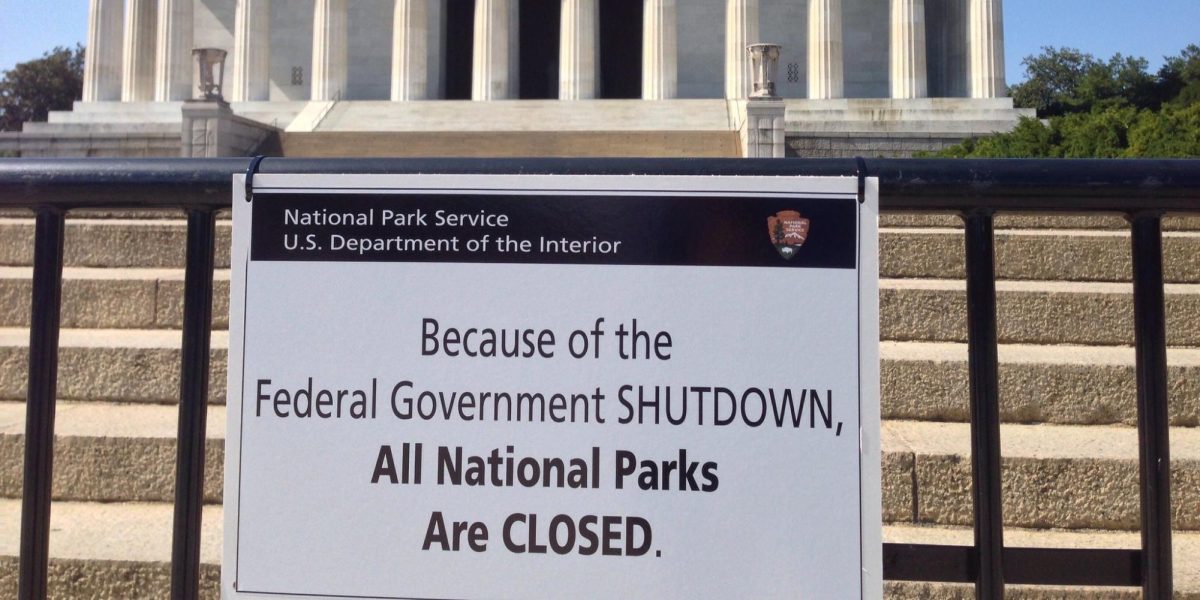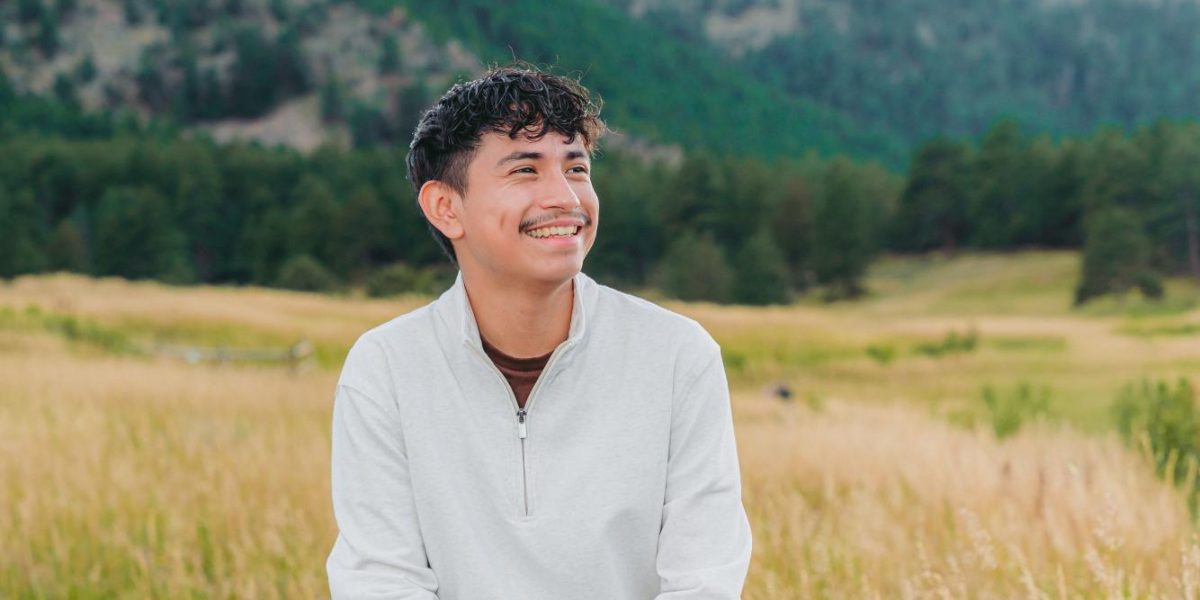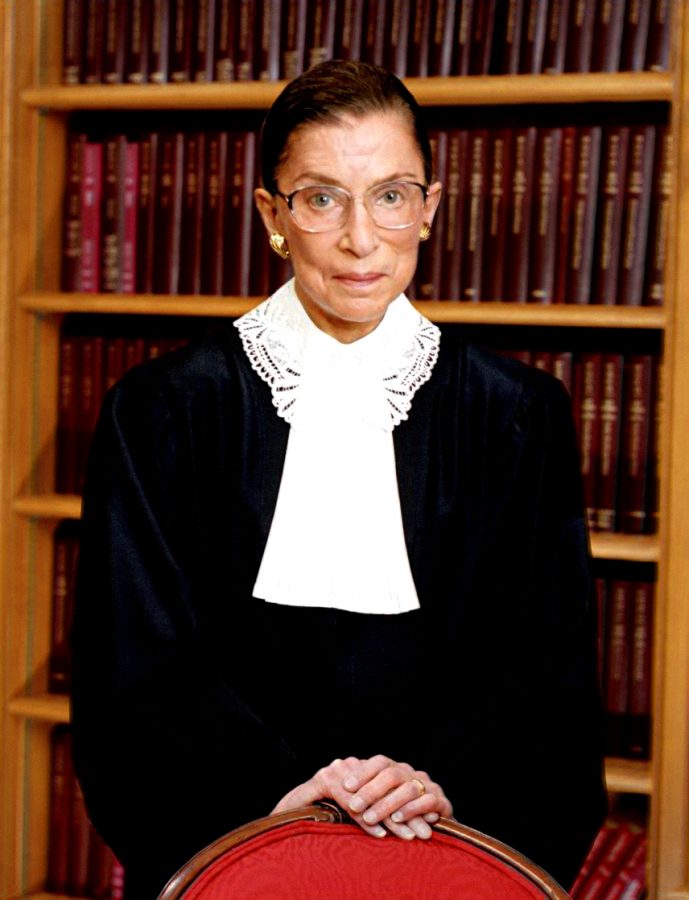Ruth Bader Ginsberg, Supreme Court Justice and Freedom Fighter, Dies at 87
An advocate for equality and legal justice, Ginsberg’s legacy live on through us
Photo Courtesy of Steve Petteway, Wikimedia
Ruth Bader Ginsberg, known as “The Notorious RBG” by her fans, passed away at age 87. Leaders from all political corners took time this week to mourn her passing, with even President Trump calling her “a tremendous person.”
September 25, 2020
“Women belong in all places where decisions are being made.” Ruth Bader Ginsberg was a feminist icon and a Supreme Court Justice for 27 years before passing away on September 18, 2020 due to complications with pancreatic cancer. RBG was a light in law that will never be put out, and her ideas of hope for this country will continue on with her legacy.
Ruth Bader Ginsburg was born in Brooklyn New York on March 15, 1933. After high school, she started at Harvard and studied law, where she was one of nine women in a class of 500 men. When her husband was struggling with cancer, she went to New York with him for treatment. There, she would go to Columbia Law and get her career started. Since she identified as a woman, a proud Jew, and a mother, it was very difficult for her to find work. This pushed her to be an activist for women’s rights. Her approach to feminism was very similar to that of Swedish activism, she believed men and women had to share the challenges and compensations of work and the responsibilities of parenthood. Along with the rights of women, she fought for LGBTQ+, indigenous, and male communities as well. She fought for everyone. She was sworn in as a Supreme Court Justice on August 10, 1993 as commissioned by Bill Clinton, and sat as seat 7.
Her first case was in 1972: Mortiz v. Commissioner of Internal Revenue. In this case, she argued on behalf of women, stating that discrimination on the basis of sex is a violation of the Equal Protection Clause in the U.S. Constitution. She won. She argued six cases before the Supreme Court, one of her most notable being United States v. Virginia, which gave women the right to attend the all-male Virginia Military Institute. Even while going through chemotherapy for her cancer, Justice Ginsberg refused to retire and kept her post on the Supreme Court. One of her more controversial beliefs was that abortion is a basic right in women’s health. She said, “Their [women’s] ability to realize their full potential, the Court recognized, is intimately connected to ‘their ability to control their reproductive lives.’” She won the Gonzales v. Carhart abortion case 5-4. She was also a fighter for free exercise of religion, voting rights, and marriage rights during her 27 years as a Supreme Court Justice.
Before RBG, sex discrimination was not illegal in the workplace, female hairstylists couldn’t cut men’s hair, women were unable to re-enlist in the military after becoming mothers and widowers would not receive social security benefits from deceased wives. Ginsberg is the first woman to be buried at the U.S. capitol. Hundreds of people gathered outside to pay their respects to this fallen leader, and while she is gone she will never be forgotten. Without Ruth, many of our rights as women and as equal Americans would not be. A freedom fighter for all Americans, she will be dearly missed.
“My mother told me to be a lady,” Ginsberg said. “And for her, that meant be your own person, be independent.”
















































